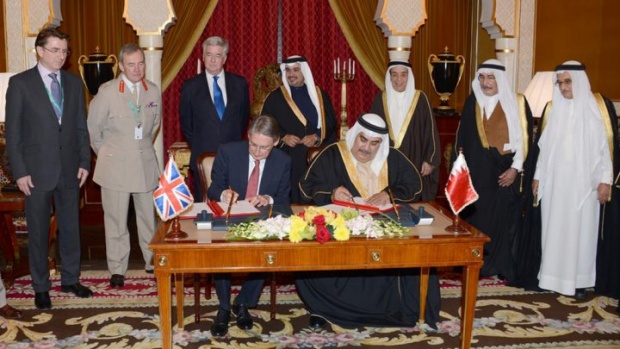The British government would continue from where it left off in 1971. This requires re-gathering the small Sheikhdoms and imposing balances to repel the dominance of the “bigger”.
Despite the expected Gulf regimes’ evasion of reform entitlements, the urgent need for an international partner, in a level such as Britain, will necessitate them to listen and gradually disengage from the deliberate idleness of the transition to constitutional monarchies.
Privacy Overview
This website uses cookies so that we can provide you with the best user experience possible. Cookie information is stored in your browser and performs functions such as recognising you when you return to our website and helping our team to understand which sections of the website you find most interesting and useful.


